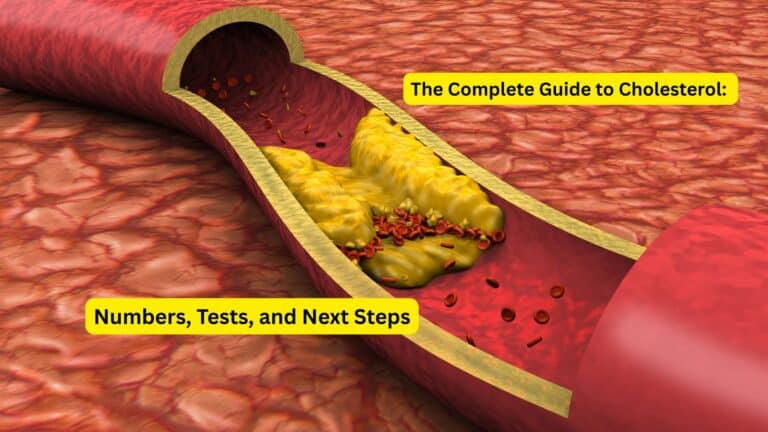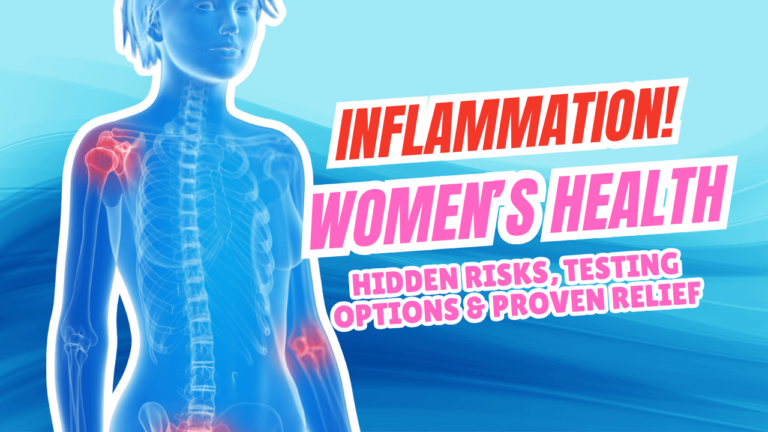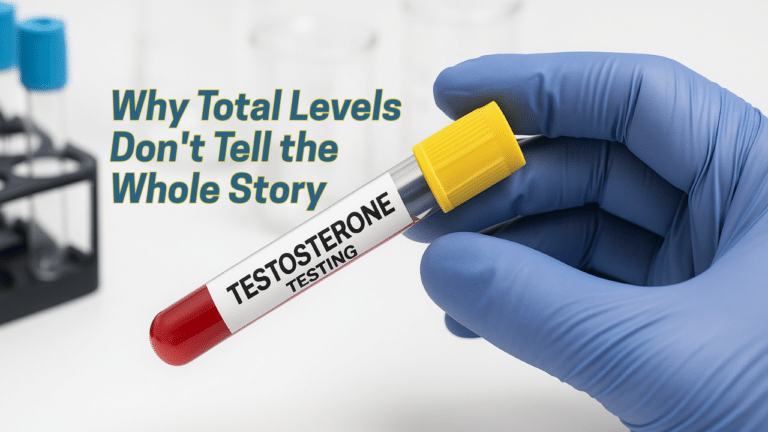Cardiovascular health forms the foundation of overall wellness, with the heart pumping approximately 2,000 gallons of blood through your body daily. What you eat directly influences this vital organ’s ability to function optimally, affecting everything from blood pressure and cholesterol levels to inflammation and arterial health. Research consistently demonstrates that dietary choices can significantly reduce the risk of heart disease, stroke, and other cardiovascular complications.
This comprehensive guide explores the most effective foods and dietary strategies for supporting cardiovascular function. We’ll examine specific nutrients that benefit heart health, discuss evidence-based dietary patterns, and explain how proper nutrition connects to measurable health markers. Whether you’re looking to prevent heart disease or manage existing cardiovascular risk factors, understanding the relationship between food and heart health empowers you to make informed decisions that can dramatically impact your long-term wellness.
Foods That Promote Heart Health
The foundation of cardiovascular wellness lies in choosing nutrient-dense foods that actively support heart function while reducing disease risk factors. Research from leading health institutions reveals that specific food groups provide targeted benefits for cardiovascular health through various mechanisms, including reducing inflammation, improving cholesterol profiles, and supporting healthy blood pressure. The following categories represent the most powerful dietary tools for maintaining optimal heart health.
Fruits & Vegetables
Fresh produce serves as nature’s pharmacy for cardiovascular health, delivering essential vitamins, minerals, antioxidants, and fiber that work synergistically to protect the heart. Dark leafy greens like spinach, kale, and arugula contain high levels of nitrates, which help relax blood vessels and improve circulation. People who ate the most nitrate-rich vegetables lowered cardiovascular disease risk by 12% to 26%, demonstrating the powerful protective effects of these humble vegetables.
Berries, particularly blueberries, strawberries, and blackberries, provide anthocyanins and other polyphenols that reduce arterial stiffness and lower blood pressure. Citrus fruits offer vitamin C and flavonoids that support healthy blood vessel function, while tomatoes contain lycopene, a powerful antioxidant linked to reduced cardiovascular risk. The fiber in fruits and vegetables also helps lower cholesterol levels by binding to cholesterol in the digestive system and removing it from the body.
Whole Grains
Whole grains provide sustained energy while delivering heart-protective nutrients that refined grains lack entirely. Oats, brown rice, quinoa, and whole wheat contain soluble fiber, which specifically targets LDL (bad) cholesterol reduction. Beta-glucan, the primary soluble fiber in oats, has been extensively studied and shown to lower cholesterol levels by 5-10% when consumed regularly.
The American Heart Association recommends at least three servings of whole grains daily, as studies show this intake level correlates with a 20-30% reduction in heart disease risk compared to diets high in refined grains. Whole grains also provide B vitamins, magnesium, and other minerals that support healthy heart rhythm and blood pressure regulation. The key is choosing truly whole grain products, where the grain kernel remains intact rather than processed into flour.
Healthy Fats
Not all fats are created equal, and understanding which types support heart health can transform your cardiovascular risk profile. Omega-3 fatty acids from fatty fish like salmon, mackerel, sardines, and anchovies provide EPA and DHA, which reduce inflammation, lower triglycerides, and help prevent irregular heart rhythms. Consuming two to three servings of oily fish per week is associated with a lower incidence of heart disease and stroke.
Plant-based sources of healthy fats include olive oil, avocados, nuts, and seeds. Extra virgin olive oil contains monounsaturated fats and polyphenols that reduce inflammation and improve cholesterol ratios. Avocados provide monounsaturated fats along with potassium, which supports healthy blood pressure. Walnuts, chia seeds, and flaxseeds offer alpha-linolenic acid (ALA), a plant-based omega-3 that the body can convert to EPA and DHA in small amounts.
Lean Proteins
Heart-healthy protein choices support muscle maintenance while avoiding the saturated fat and sodium found in processed meats. Legumes like beans, lentils, and chickpeas provide protein along with soluble fiber, folate, and potassium. These nutrients work together to lower cholesterol, reduce blood pressure, and support healthy blood sugar levels.
Fish and poultry offer high-quality protein without the saturated fat found in red meat. However, preparation method matters significantly – grilled, baked, or poached options provide benefits, while fried preparations can negate the positive effects. Plant proteins from quinoa, hemp seeds, and other sources provide additional nutrients like magnesium and healthy fats that specifically benefit cardiovascular health.
Nuts & Seeds
A small handful of nuts or seeds daily provides concentrated nutrition that specifically supports heart health through multiple mechanisms. Almonds, walnuts, pistachios, and other tree nuts contain healthy fats, protein, fiber, vitamin E, and magnesium. Regular nut consumption has been linked to improved HDL (good) cholesterol levels and reduced inflammation markers.
Seeds like chia, flax, hemp, and pumpkin seeds offer similar benefits with additional nutrients. Flaxseeds provide lignans, plant compounds that may help reduce blood pressure and cholesterol levels. The key is portion control – nuts and seeds are calorie-dense, so a serving size of about 1 ounce (28 grams) provides benefits without excess calories.
Foods to Limit for Cardiovascular Protection
While focusing on heart-healthy foods forms the foundation of cardiovascular nutrition, equally important is understanding which foods can undermine heart health and should be consumed sparingly. Modern food processing has introduced numerous ingredients and preparation methods that actively harm cardiovascular function through multiple pathways. Reducing these dietary components can provide immediate and long-term benefits for heart health, often producing measurable improvements in blood pressure, cholesterol levels, and inflammation markers within weeks.
Excessive sodium intake directly contributes to hypertension by causing the body to retain fluid, increasing blood volume and pressure on artery walls. Most Americans consume more than double the recommended daily sodium limit, primarily from processed and restaurant foods rather than table salt. Processed meats like bacon, sausage, and deli meats contain not only high sodium levels but also nitrates and other preservatives linked to increased cardiovascular risk.
Added sugars and refined carbohydrates cause rapid blood sugar spikes that promote inflammation and contribute to insulin resistance, both risk factors for heart disease. Trans fats, still found in some processed foods despite regulatory restrictions, raise LDL cholesterol while lowering HDL cholesterol, creating the worst possible cholesterol profile. Reading ingredient labels and choosing whole, minimally processed foods helps avoid these harmful components while supporting optimal cardiovascular function.
Lifestyle & Dietary Patterns
Individual food choices matter, but research consistently shows that overall dietary patterns provide the greatest impact on cardiovascular health outcomes. Two evidence-based approaches have emerged as gold standards for heart-healthy eating, each supported by decades of research and real-world results. These dietary patterns don’t require strict calorie counting or elimination of entire food groups, instead focusing on proportions and quality of foods consumed regularly.
The Mediterranean diet emphasizes the traditional eating patterns of countries surrounding the Mediterranean Sea, featuring abundant fruits, vegetables, whole grains, legumes, nuts, and olive oil as the primary fat source. Fish and poultry are consumed regularly, while red meat appears only occasionally. A 2024 study found following a Mediterranean-style diet could reduce heart disease risk by almost 50%, making it one of the most powerful dietary interventions for cardiovascular protection.
The DASH (Dietary Approaches to Stop Hypertension) diet was specifically developed to lower blood pressure and has since been recognized for comprehensive cardiovascular benefits. DASH emphasizes fruits, vegetables, whole grains, and low-fat dairy while limiting sodium, red meat, and added sugars. Clinical trials demonstrate that DASH can lower systolic blood pressure by 8-14 mmHg, effects comparable to some blood pressure medications. Both dietary patterns share common elements: emphasis on whole foods, healthy fats, and minimal processing.
Lab Testing & Monitoring Heart Health
Nutrition’s impact on cardiovascular health extends far beyond how you feel – it creates measurable changes in biomarkers that directly correlate with heart disease risk. Regular monitoring of these key indicators allows you to track the effectiveness of dietary changes and catch potential problems before they become serious health issues. Understanding which tests to request and how to interpret results empowers you to make data-driven decisions about your heart health strategy.
Essential cardiovascular biomarkers include total cholesterol, LDL and HDL cholesterol, triglycerides, and inflammatory markers like C-reactive protein (CRP). A comprehensive lipid panel reveals how dietary fats are affecting your cholesterol profile, while triglyceride levels indicate how your body processes carbohydrates and sugars. Elevated CRP suggests systemic inflammation, which contributes to arterial damage and plaque formation regardless of cholesterol levels.
Additional tests that provide valuable insights include hemoglobin A1C (indicating average blood sugar over 2-3 months), homocysteine (an inflammatory amino acid), and lipoprotein(a), a genetic risk factor for heart disease. Walk-In Lab offers convenient, affordable access to these crucial tests without requiring a doctor’s visit, enabling you to monitor your cardiovascular health proactively. Regular testing every 3-6 months during dietary changes helps optimize your approach and provides motivation as you see improvements in your numbers.
FAQ Section
What are the top 5 foods for heart health?
The most powerful foods for cardiovascular health include fatty fish (salmon, mackerel, sardines) for omega-3 fatty acids, leafy green vegetables for nitrates and folate, berries for antioxidants and fiber, nuts for healthy fats and protein, and oats for soluble fiber that lowers cholesterol. These foods work through different mechanisms to reduce inflammation, improve cholesterol profiles, and support healthy blood pressure.
What diet is best for lowering cholesterol?
The Mediterranean diet and DASH diet both effectively lower cholesterol levels, with research showing 10-15% reductions in LDL (bad) cholesterol within 6-8 weeks. These diets emphasize soluble fiber from oats, beans, and fruits, which directly binds cholesterol in the digestive system. Replacing saturated fats with monounsaturated fats from olive oil and nuts also improves cholesterol ratios significantly.
How much omega-3 should I consume weekly?
The American Heart Association recommends eating fatty fish twice per week, providing approximately 500-1000mg of combined EPA and DHA daily. For those who don’t eat fish regularly, plant-based sources like walnuts, chia seeds, and flaxseeds can provide ALA omega-3s, though the conversion to EPA and DHA is limited. Fish oil supplements can fill gaps, but whole food sources provide additional nutrients that work synergistically.
Can heart disease be prevented with diet alone?
While diet plays a crucial role in preventing heart disease, a comprehensive approach includes regular physical activity, stress management, adequate sleep, and avoiding smoking. However, dietary changes can reduce heart disease risk by 30-50% even without other lifestyle modifications. The earlier healthy eating patterns are adopted, the greater the protective effect, though benefits occur at any age when improvements are made.
Conclusion
Heart-healthy nutrition represents one of the most powerful tools available for preventing cardiovascular disease and supporting optimal heart function throughout life. The evidence is clear: diets rich in fruits, vegetables, whole grains, healthy fats, and lean proteins while limiting processed foods, excess sodium, and added sugars can reduce heart disease risk by up to 50%. These dietary changes create measurable improvements in cholesterol levels, blood pressure, and inflammation markers that directly translate to better cardiovascular outcomes.
The key to success lies in adopting sustainable patterns rather than restrictive diets, focusing on adding beneficial foods rather than simply eliminating harmful ones. Whether you choose the Mediterranean diet, DASH approach, or simply incorporate more heart-healthy foods into your current eating style, consistency over perfection yields the greatest benefits. Regular monitoring through comprehensive lab testing allows you to track your progress and optimize your approach based on objective data.
Take control of your cardiovascular health today by implementing these evidence-based nutrition strategies and monitoring your progress with Walk-In Lab’s convenient, affordable heart health testing options. Your heart will thank you for every positive change you make, and the benefits extend far beyond cardiovascular health to support overall wellness and longevity.
This content is for informational purposes only and is not a substitute for professional medical advice, diagnosis, or treatment. Always seek the advice of your physician or other qualified health provider with any questions you may have regarding a medical condition.





